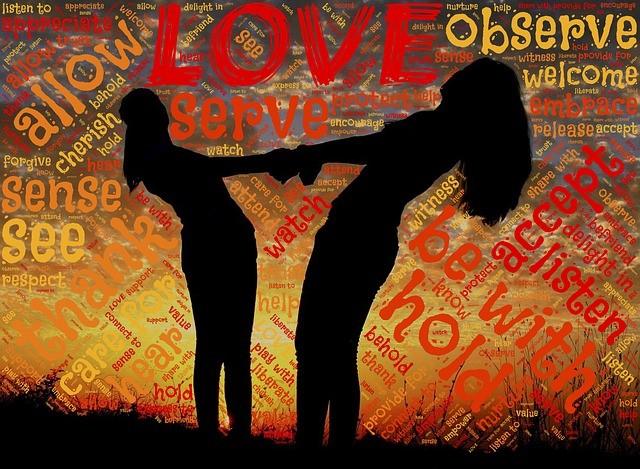previous article talked about communication challenges in an intimate relationships. Disconnection, dishonesty and disloyalty. The three D’s that can sink a relationship faster than anything else. When communication breaks down in a relationship, it can manifest a host of negative outcomes.
To avoid these pitfalls and nurture a healthy relationship, we need to tap into the best parts of ourselves. One of the most important elements is healthy communication skills.
Proactive Communication methods:
If you have been with your partner for a while, you’ve inevitably tripped over a few of their communication pet-peeves.
Everyone has their own idea of what a bad communication experience looks like, but if we can make meaning out of that information, we can proactively avoid those issues.
I-statements:
When expressing frustration about your partner’s behaviors, avoid making damaging statements laced with accusation. Focus on using statements about your own feelings, which are irrefutable.
Instead of saying “you didn’t bother to help with any of the housework and left it all to me, as usual,” take a moment and think of how you feel about it and state that instead.
“I am frustrated that I had so many more chores than you did this week. Can we talk about it?”
Use the THINK model:
Before you say something, consider the following. Is it True, Helpful, Inspiring, Necessary, Kind? Let these five benchmarks guide your language with your partner.
Golden Rule:
Let’s take it back to the basics with the Golden Rule. As you are communicating with your partner, ask yourself how you would want to be treated in this situation.
How can you communicate in a way your partner can hear it and feel loved, supported and respected? What would you need in this situation?
Active listening:
In order to fully ensure that you understand your partner’s statements, try active listening during conversations.
It may not feel natural at first but reflecting what you hear can untangle any lines of communication that were crossed in the delivery of the message.
It can be a simple re-stating of your partner’s words, or you can go a bit further and try rephrasing it in your own words, allowing your partner to correct any missed points.
Deep stare:
So much communication is done without words. Take this to the next level. Sit across from one another in silence for five full minutes and do nothing but stare into each other’s eyes.
Let the responsibilities of the day float away, as well as any resentments or frustrations. Allow your eyes to reflect the love you share.
After the five minutes has passed, take some deep breaths and talk about what brought you together to begin with.
Discuss how you can foster this love and build upon it with a communication style that nurtures it.
Relationships can flourish and thrive when communication is at its best.
Even when you find yourself at odds with your partner, step away and reflect on how you can express yourself with loving intentions and compassion.


